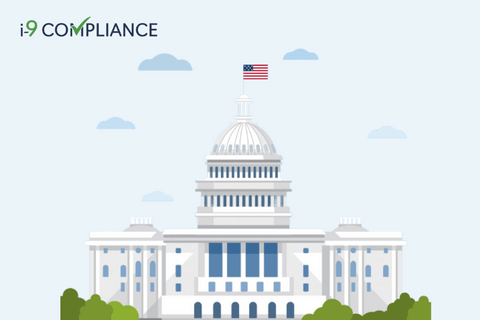New DHS Public Charge Rule Is Now in Effect

January 10, 2023
The Department of Homeland Security’s (DHS’s) Public Charge Ground of Inadmissibility final rule went into effect on December 23, 2022. This rule returns the definition of public charge to its meaning from before the previous president’s term in office. The last presidential administration started considering certain public health benefits when making a public charge inadmissibility determination. Such benefits include Medicaid and nutritional assistance.
Before the new final rule took effect, the DHS issued an Advance Notice of Proposed Rulemaking. This notice intended to get input from the public on how to define the term “public charge” by the DHS. Through this final rule, the DHS will consider health, age, assets and resources, family status, education and skills, and financial status.
The DHS will consider “designat[ing] public cash assistance for income maintenance (i.e., Supplemental Security Income (SSI), cash assistance for income maintenance under the Temporary Assistance for Needy Families (TANF), and State, Tribal, territorial, or local cash benefit programs for income maintenance) and long-term institutionalization at government expense as the benefits that DHS would consider as part of the public charge inadmissibility determination.” Those mentioned above will undergo consideration regardless of current or past designation.
The DHS believes the term “public charge” does not have one clear meaning. However, it thinks the term means the individual relies significantly on government support. In addition, they would include people unable or unwilling to work to support themselves and who do not have non-governmental ways of supporting themselves. It is less likely to include people who generally support themselves but depend on some secondary support from the government.
As such, anyone receiving non-cash benefits such as school lunches, the Supplemental Nutrition Assistance Program, or public housing will not count against an individual when considering whether they count as a public charge. However, they will consider long-term institutionalization at the government’s expense, as stated above.
The DHS has published a Policy Manual update that instructs the United States Citizenship and Immigration Services (USCIS) on implementing the final rule. They emphasize that the USCIS will implement it fairly and consistently, encouraging it to explain to the public how it will enact it. The USCIS began applying the new rule on December 23, 2022.
They also published an edition of the Application to Register Permanent Residence or Adjust Status (Form I-485). As a result, applicants should remember that version from July 15, 2022, will become obsolete unless postmarked before December 23, 2022.
These changes could make it more confusing for employers and their employees to handle the adjustment of status filings and related paperwork. Similarly, recent changes to the employment eligibility verification (Form I-9) process have made completing Form I-9 more challenging. One of the best ways to reduce this challenge is by investing in an electronic I-9 management system. This system can provide step-by-step guidance and easy-to-use storage for forms and documentation.
When it comes to your work, automation makes eligibility verification quick and seamless. Get a head start today with I-9 Compliance.